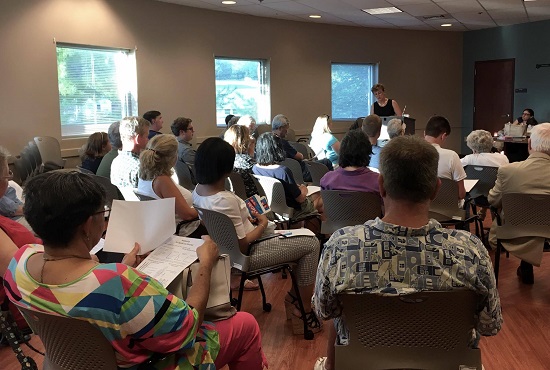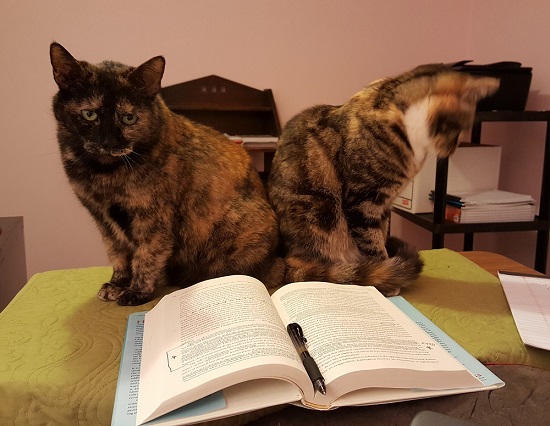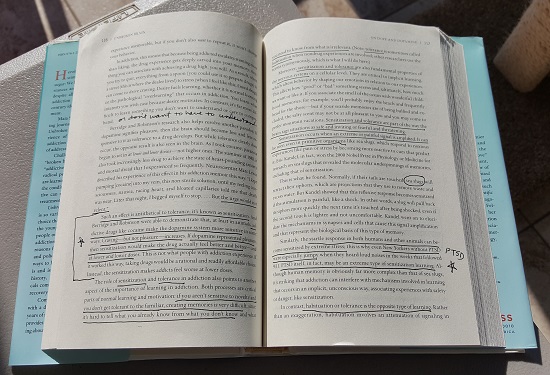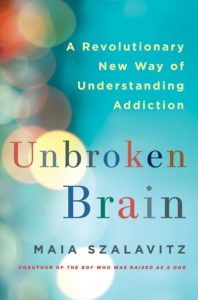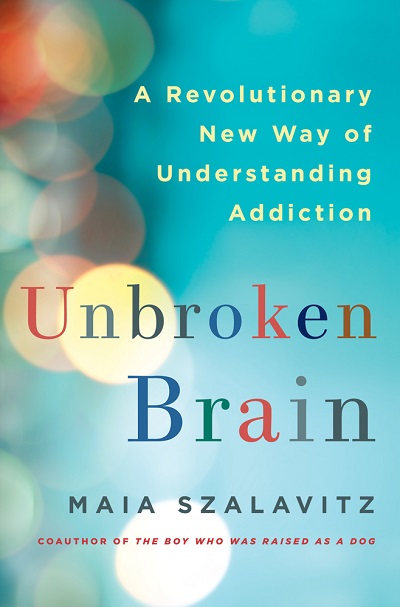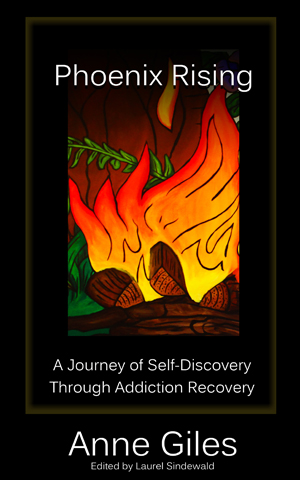I will be giving a talk entitled “Opioid Epidemic? What Are the Facts?” for the Lifelong Learning Institute at Virginia Tech on Tuesday, March, 13, 2018, 3:15 – 4:30 PM, at Warm Hearth Village Center in Blacksburg, Virginia. The event is free and open to the public.
If America is facing an “opioid epidemic,” why isn’t evidence-based emergency, urgent, and routine medical care for opioid use disorder available in our town? Ask that question of lawmakers, judges, policymakers, public officials, journalists, treatment professionals, and society at large and watch the spluttering begin. For no other health care condition is belief, opinion, and myth accepted as the standard of care. This presentation focuses on the latest addiction research, with a focus on opioid use disorder, challenging what society has to say about addiction with the available science.
I have compiled my background research for this talk here.
For context, I recommend this article:
- “The Wrong Way to Treat Opioid Addiction,” Maia Szalavitz, The New York Times, 2/17/18
And this one, too:
- “A Foster Child of the Opioid Epidemic,” Lisa Marie Basile, The New York Times, 11/24/17
For further reading, I’ve compiled suggestions here.
I gave a talk on opioids for the Montgomery County, Virginia Democratic Party on August 17, 2017. Here is the first half of an expanded version of the talk. The second half is here.
Directions to Warm Hearth. As you enter the Warm Hearth complex on Warm Hearth Drive, you will pass Nuthatch Way on your left. Take the next left into the driveway and parking lots for Warm Hearth Village Center.
(LLI requests mail-in registration, but it is not required. Here’s the registration form and here’s a list of all events scheduled for LLI during Spring 2018.)
If you have questions or I can be of service, please feel free to contact me.
Photo: Bonnie Lyons
